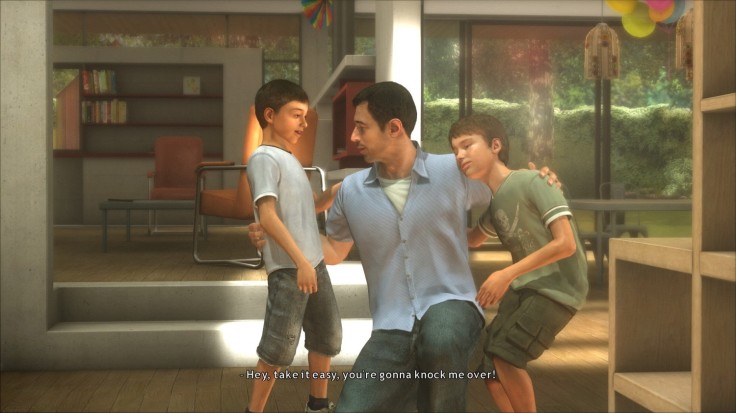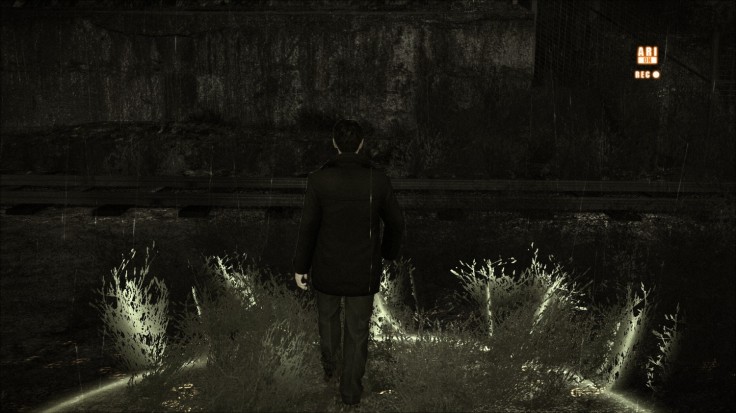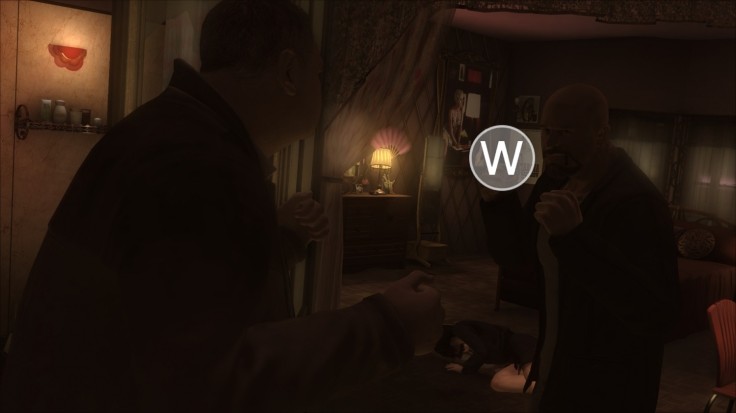Quantic Dreams is not the first video game developer that created the interactive drama genre in the video game industry, but it sure helped popularize it with games like Detroit: Become Human and Beyond: Two Souls.
The video game developer previously created more mainstream games like Omikron: The Nomad Soul and Fahrenheit (also known as Indigo Prophecy), which are action-adventure games, per IMDb. However, it changed its course in 2010 and made its first interactive drama game that would help find its niche.
That game is Heavy Rain.
Plot

Heavy Rain is an interactive drama action-adventure game developed by Quantic Dream and published by Sony exclusively for the PlayStation 3 on Feb. 23, 2010. The game follows the story of four characters trying to figure out either the identity of the serial killer known as the Origami Killer (loosely based on the Zodiac Killer that terrorized the San Francisco Bay Area between 1968-1969) or the location of their latest victim before it's too late.
Heavy Rain doesn't have much in terms of gameplay as you'll soon find out. However, what it lacks in this area, it more than makes up for it in its story and soundtrack, which we'll talk about in a bit.
The game goes to great lengths to show you why you should be invested in its story through its main protagonist, Ethan Mars, who we get to play as in the game's prologue - its tutorial section. During the prologue, players will get to know what makes Ethan who he is - he loves his family, especially his kids, Jason and Shaun. He's willing to do anything to make them happy, even if it means putting himself at risk so they could be safe.
Gameplay

Heavy Rain plays much like a point-and-click game. However, instead of using a mouse to point and click where the character should go, players must push the left analog stick to move the playable character around the play area. Additionally, players must use the right analog stick to look at and interact with the objects and people around them.
To do the latter, they must move the analog stick the same way the game instructs them.
Players can do these analog gestures as slowly as they want to see how the animation unfolds. However, there are times that doing these gestures slowly is needed to do something in-game properly on higher difficulty levels, such as gently placing plates to avoid a domestic incident.

The main characters in Heavy Rain aren't just static characters usually found in point and click games like Telltale's The Walking Dead. By pressing the R2 button, players can delve deep into the thoughts of the character they're controlling anytime, allowing them to know the character better and even get a tip or two on how to beat a segment. These thoughts can change as the scene unfolds, so it's best to check in on them occasionally to know what they're thinking.
In addition to the analog gestures, the game also uses quick-time events (QTEs) to progress through the game, similar to how Shenmue does it. Pressing/holding/mashing a button or a combination of them progresses the game. However, there will be times when the game will require players to push the right analog stick to a specific gesture while pressing/holding/mashing buttons to execute difficult tasks and maneuvers.

The game allows some leeway for wrong inputs, but missing one too many may result in the death of a character in some parts of the game, removing them entirely.
Depending on how well players did and on the decisions they made, the game can end with the best ending possible. Of course, it is possible to get different endings in the game depending on the player's choice, providing some motivation to do another playthrough.
There are 17 different endings in the game for players to witness for themselves, but they have to put in the effort to see them if they want, as some chapters that could change the fates of the four playable characters happen in the middle of the game.
Soundtrack
As mentioned earlier, Heavy Rain's soundtrack makes up for the game's shallow gameplay. Some of the tracks in the game reflect its characters well - Ethan's themes make you feel creative, which tracks since he's an architect by trade, as well as cheerful and hopeful.
Meanwhile, the other themes for the three main characters feel foreboding, mysterious, or comforting, depending on which the player is playing as. Much of the game's background music makes you feel tense and anxious when the game calls for it, especially when a character's life is in danger or a timer is involved.
Verdict
The game is a must-have for gamers who want a story-driven game that packs a mean punch despite using QTEs as their major gameplay mechanic. With the game already available on PCs via Steam and the PlayStation 4 at this point, there is no excuse for gamers not to buy and play the game on the platform they prefer.
However, the PC port of the game has a flaw when it won't register certain analog gestures when a console controller is in use. There are fixes for this issue, though they don't seem to work upon checking.
Regardless, the issue isn't a deal breaker and doesn't take away from Heavy Rain's beauty.
Related Article : Revisiting the Henry Stickmin Collection - A Blast From the Past!









